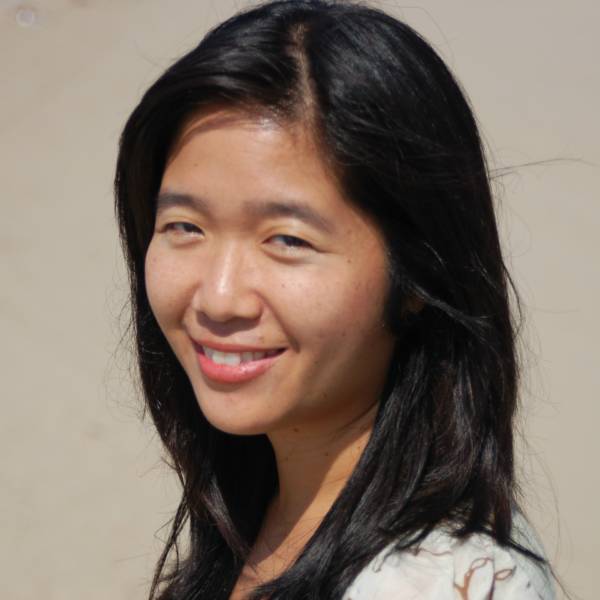My parents don't have any mementos from their childhood. No toys. No yearbooks. Born in China, they grew up during the war against Japan and later on, the Communists. Their families fled to Taiwan and in the early 1960s, my parents came to America. They brought a few clothes, but no keepsakes, nothing that offered clues to their past.
I knew that, and yet I still believed the copy of 'Little Women' I found on our bookshelf -with its yellowing pages, tattered green cover, and musty smell-had been my mother's. I told myself that she'd read the classic novel by Louisa May Alcott-even though she was a scientist, and not an English major, even though I'd never once seen her read a work of fiction.
Somehow, the book showed up in our house, and I invented its history. As the daughter of immigrants, I often pieced together explanations my parents couldn't provide. From childhood through high-school, I read 'Little Women' at least twice a year, inspired by Jo March, the whistling tomboy. We were both strivers: mine that of an immigrant family's, and Jo's born out of fallen fortunes. We were both aspiring writers and outsiders, too.
Recently, I started re-reading 'Little Women' and found it more old-fashioned than I remembered. At times, the tone was sanctimonious. That doesn't change the impact the book had upon my development, how it made me feel more at home because I recognized someone who shared my dreams and my fears. Back then, it was I needed to make my way in the world.
The cover has fallen off, and the pages are even more yellow, the color of an ancient treasure map. With each generation, my family's roots deepen in this country. Like me, my twins love books. Someday, they'll discover 'Little Women' - and the book will become an heirloom at last.
